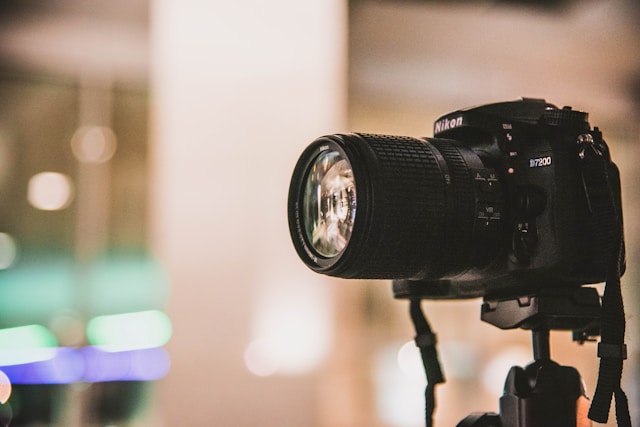Actions that somehow have a negative impact can be called “bad habits,” and because habits are made “often and almost without thinking,” it can be incredibly difficult to stop, even if we really want to. Simply put, reward-based learning involves a trigger, followed by a behavior and a reward. We want to do more things that feel good and less of the things that feel bad or stressful. These three components appear every time we smoke a cigarette or eat a cupcake. Every time we try to calm down from a grueling task, we amplify the reward, to the point where unhealthy distractions can become habits. The trick to breaking bad habits is to find an approach that works for you and the habit in particular, that goes beyond doing everything at once.
If you expect to simply eliminate bad habits without replacing them, then you will have certain needs that will not be met and it will be difficult to follow a “just don’t do it” routine for a long time. Why do we have bad habits, even if we know they’re not good for us? Don’t worry, we’re here to tell you how to get rid of those bad habits and replace them with good ones. “Identify the feelings associated with your bad habit,” says meditation teacher and author Yocheved Golani.
However, research suggests that it takes a little longer to change a habit. A small study from 2009 found that it can take 18 to 254 days to break a habit. Also, breaking a bad habit is complicated because habits are rewarding behaviors that have been automated at some point in our lives. As a result, willpower alone is usually not enough to break a useless habit. When we think of “bad” habits, we usually think of unproductive or harmful activities such as hours of surfing social media, drinking heavily, smoking, hoarding, leading a sedentary lifestyle, eating junk food, etc. To break a bad habit, you need to replace something you do many times a day, and this can be a difficult but valuable process.
Very often we think that in order to break bad habits, we have to become a completely new person. The truth is that you already have it in you to be someone without your bad habits. In fact, it’s highly unlikely that you’ve had these bad habits all your life. You don’t have to quit smoking, you just have to go back to a non-smoker.
Letting go of a bad habit may not be easy for most of us, but it’s worth the risk. Life is too small to waste with a few bad addictions Ibogaine for sale because there is so much more to do. Understand that you are not alone in this struggle to get rid of dangerous habits.
Most people who end up breaking bad habits try and fail several times before they work. You may not be able to do it right away, but that doesn’t mean you can’t have it at all. Spending too much time on social media is another bad habit, one that seems to have very harmful consequences. Interactions between users cause the release of dopamine in the brain, so users are rewarded when these interactions take place. This has led to people being “glued” to their phones, seemingly unable to walk the streets without seeing what is happening in the virtual world. This distorts your understanding of the world and tribalizes certain viewpoints, and on a human level, the phone acts as a barrier between you and those who are trying to communicate with you.
Participants in the study were asked to incorporate a healthy eating, drinking or exercise habit of their choice into their lives. On average, the study found that it took participants 66 days to repeatedly perform a habit before the habit became automatic. Losing a day to do the desired behavior didn’t hinder the habit-building process, but by repeating habits every day at a consistent time, people were able to form them faster. Most of our bad habits are ways to deal with our needs, daily life, and stress. Some unhealthy habits, such as wasting time on the internet, develop in response to feelings of boredom or loneliness, fear of missing out, or even deeper problems such as self-limiting beliefs or fears. You don’t have to be someone else, you just have to go back to the old me.
With practice, mindfulness can become a healthy habit that can counteract bad habits you want to avoid. Many habits, including smoking or excessive sugar consumption, involve the brain’s dopamine system. Dopamine is a “feel good” chemical that transmits signals between neurons in the brain. The first time you exhibit new, “rewarding” behaviors, you get a sense of euphoria from doing so as a result of a dopamine release, Poldrack notes. This leads to changes in both the connections between neurons and the brain systems responsible for actions, and may largely explain why we begin to form bad habits in the first place. Breaking bad habits takes time and effort, but above all it requires perseverance.
She loves to demystify complicated health topics, debunk wellness fads, and share practical, science-backed solutions to healthy living. To break a habit, a person must set realistic goals, know their reasons for wanting to break the habit, and identify triggers. They may also want to seek professional help and do mindfulness exercises. Often, habits that don’t benefit us still feel good because the brain releases dopamine.



